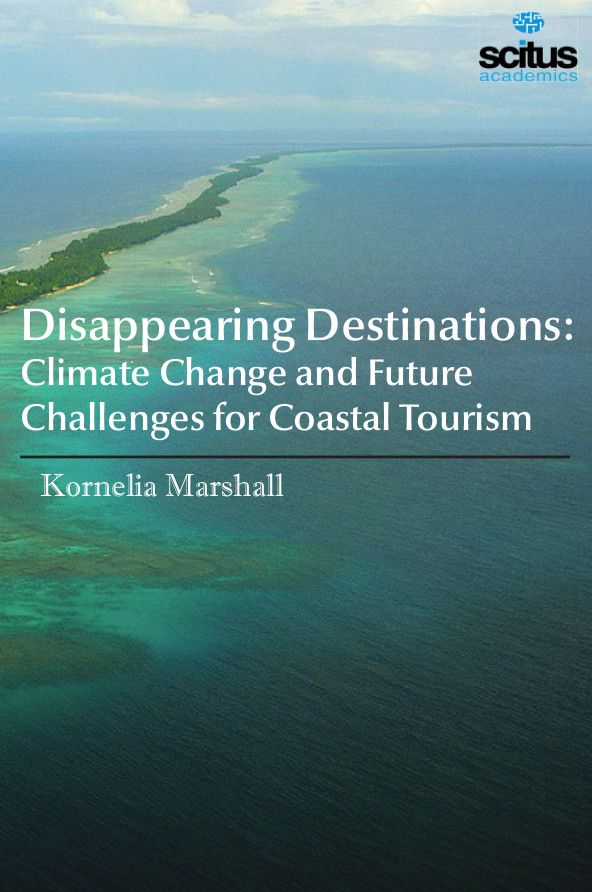A tourist destination is a city, town, or other area that is dependent to a significant extent on the revenues accruing from tourism, or “a country, state, region, city, or town which is marketed or markets itself as a place for tourists to visit”. It may contain one or more tourist attractions and possibly some “tourist traps. Many of the world’s most spectacular landscapes are vanishing because of climate change, spurring concerned visitors to experience and protect them before it’s too late. What would an autumn cycling trip in New England be without colorful maples? What’s a ski vacation without fresh snow? Or an outing to the shore where the beach has eroded? These scenarios are unimaginable for many, yet global warming threatens to make them a reality as species extinctions, severe storms, flooding, drought, melting icecaps, and warmer, more acidic ocean water transform the outdoor environments we love. Vanishing destinations such as the Great Barrier Reef, Maldives, Galapagos Island and polar regions provide tour operators with an opportunity to market their products with the unique selling point ‘to see it before it is gone’ tourism. Bleaching corals, melting ice caps disappearing islands and wildlife are indicators that put these destinations on the ’must-see’ lists. This kind of tourism defined as’ Doom tourism’, ‘Climate tourism’ or ‘Last-chance tourism, which is the preferred term by academics, is a trend whereby tourists more and more seek to experience most endangered sites in the world, before they will be gone. Visiting disappearing destinations can provide unique opportunities to develop environmental awareness. Furthermore the increasing demand to these specific destinations is economically beneficial for tour operators and the local community, who may even depend on tourism for their livelihood. This book, Disappearing Destinations: Climate Change and Future Challenges for Coastal Tourism, discusses threats and consequences of climate predictions on coastal tourism destinations. It will be an essential tool for researchers, policymakers and students in tourism, ecotourism, environmental conservation, planning, coastal management and engineering, climate change and marine conservation.













